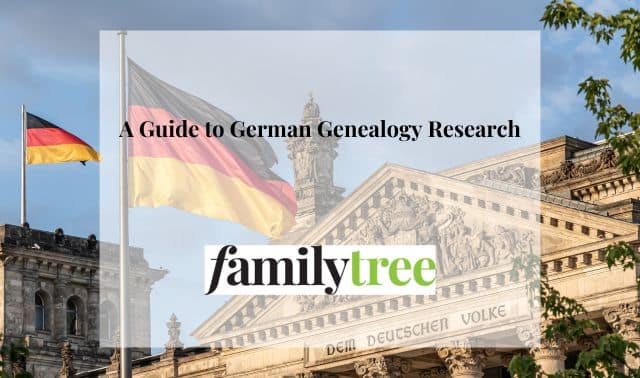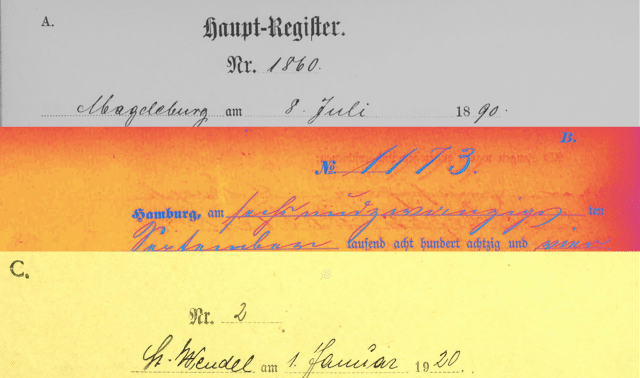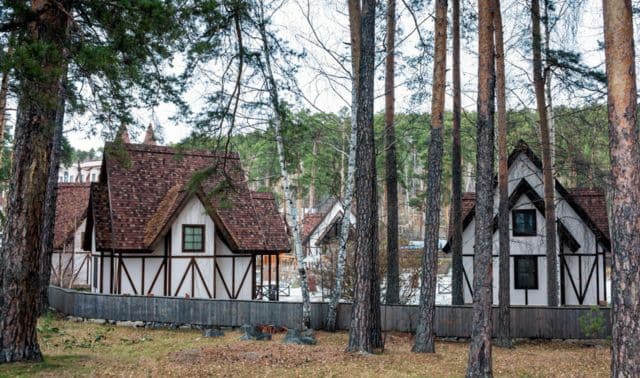Sign up for the Family Tree Newsletter! Plus, you’ll receive our 10 Essential Genealogy Research Forms PDF as a special thank you.
Get Your Free Genealogy Forms
"*" indicates required fields
The late linguistics professor Arta Johnson was a genealogist with a knack for storytelling. One of her favorite yarns was about a researcher who came to her, frustrated that he’d found the name of his family’s village of origin on the immigrant ancestor’s tombstone, but had never found the town on a map.
When asked the name of the town, he replied, “Gross Herzogtum, Baden”—which, as it turns out, isn’t a village name, but German for “Grand Duchy of Baden.”
So you don’t make the same mistake, familiarize yourself with these other place names related to the type of noble who ruled them:
Fürstentum: Principality—that is, a territory ruled by a Fürst, German for prince.
Grafschaft: Often translated as “county,” which gives an incorrect sense of the word in English. A Grafschaft was ruled by a Graf, German for count, so “countship” might be a better translation.
Gross Herzogtum: Grand duchy
Herrschaft: Land ruled by a local lord, or Herr.
Herzogtum: German for duchy, ruled by a Herzog (duke).
Königreich: Territory ruled by a König (king). In deference to the Holy Roman Emperor, only the king of Bohemia was allowed this title within the empire until the Elector of Brandenburg conquered Prussia. Initially, the elector could use only the title “King in Prussia” because the Prussian lands were considered outside the empire’s jurisdiction.
Kurfürstum: A principality whose prince was also one of the electors of the Holy Roman Emperor. The prefix Kur was also sometimes added to the name of an elector’s territory, such as Kurpfalz for the “electoral Palatinate.”
Reichstadt: A free imperial city of the Holy Roman Empire.
Rittergut: A knight’s estate, which at times was an independent territory.
Here’s a complete chart of German noble titles.
Most German nobles’ surnames were preceded by the preposition von (meaning of or from), but don’t jump to the conclusion that your Von Kleindorf ancestors were bluebloods. In the 18th and 19th centuries, noble families had little incentive to emigrate—the von was more than likely added in America.
From the December 2009 Family Tree Magazine.




